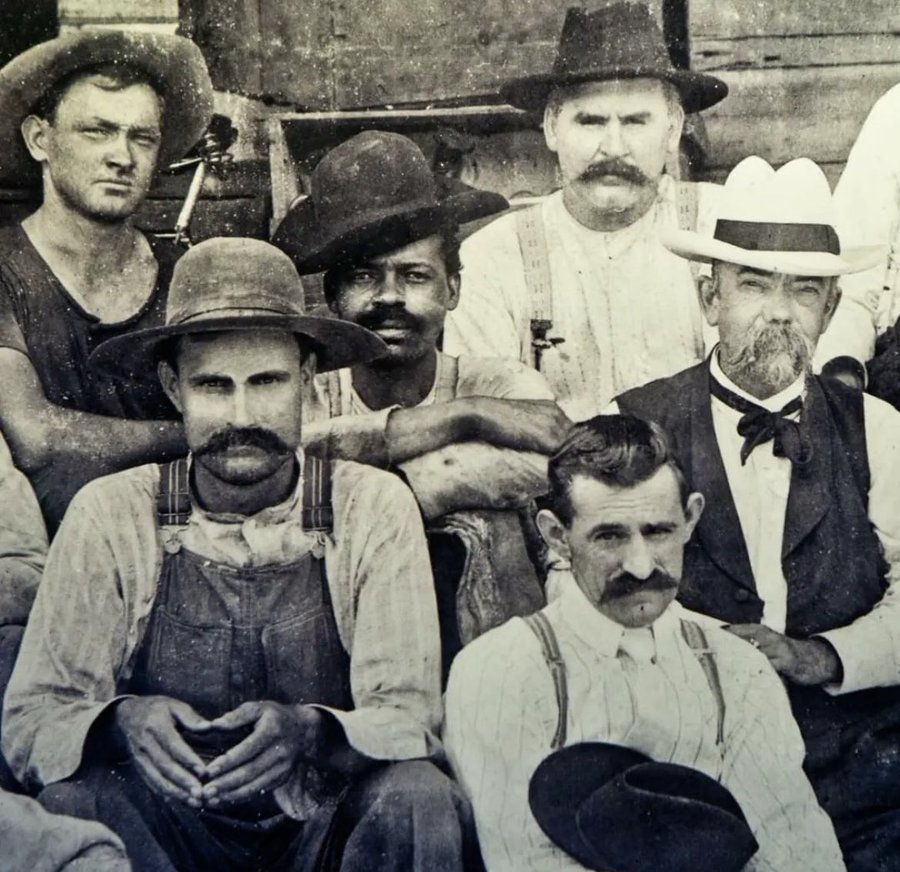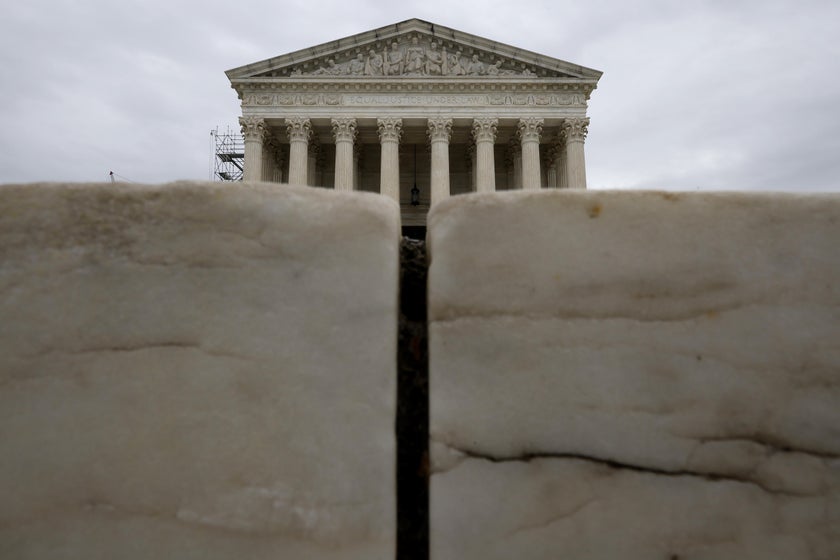In retirement I have had great fun with Blogger since 2004. It's a great platform, easy to use once you figure out how to use the sandbox. I write, edit and publish posts, and the experience continues to make me happy, even as other platforms (Social media, Ticktock, Substack and endless other spin-offs) seem to be getting more traffic. But this experience is not without challenges, most of which seem to be the result of what happens when details and tasks that only living humans can resolve are delegated to algorithms and technology. I will explain.
Five years after I launched Hootsbuddy's Place in 2004 I ran into a problem. I was the target of a phishing email at that time related to a technical mix-up unrelated to Blogger (long story) which resulted in my losing control, even though the blog itself was not affected and continues to be accessible via web searches even now -- thanks to my good fortune. Google acquired the platform soon after I started and didn't want to let all that content get into other hands or disappear altogether. (I have a folder of emails called "Google mess" trying to keep track.) But I digress...
I gave up personal blogging for a while, writing as a guest contributor to a couple other blogs (both of which have since gone). But I still had the itch so I launched another blog, Hootsbuddy's New Place, where this post appears. That all happened before Facebook and other social networks came along, acquiring more traffic than blogging, making information aggregators and fun sites like TTLB obsolete. But I digress...
My Facebook account has been and continues to be great fun but I noticed when I tried to link my old blog something in the system did not allow the url to connect. I decided since it was out there on the Web like a ship without a captain it might be a covert way to spread malware, a kind of software IED or land mine that might explode if it got into someone's platform. (Think wearing a mask to protect against Covid.) Who knows? It might have been. I didn't do that but I have no way to know what happened after I left. But I digress...
Time passed and a day came when I ran into some technical challenges using the web. I went through a stressful period of moving to a new Chromebook because the "two-factor ID" system, for reasons I don't understand, stopped using the land line to transmit the ID verification numbers which had been operable before. When I later used my wife's cell phone to receive the numbers the system put her Facebook page on my Chromebook, which for reasons unknown was finally corrected after a week of waiting.
Incidentally, one unexpected result of the mix-up, which I call Password Hell, was that after that I discovered to my surprise that the Hootsbuddy's Place urls could then be used at Facebook. But I digress...
The reason for this blog post is to make yet another attempt to recover control of my original blog, Hootsbuddy's Place, which I lost as described in the second paragraph above.
I sent a number of messages to Google attempting to recover my blog, which also involved returning to Facebook and other sites where I had been linking. Here is one of several notes I sent at the time along the way. As I said, I kept a folder of this stuff for future reference.
This is what I sent to Facebook Security after my account was disabled.
According to what I just read I must have in some manner violated the Facebook Terms of Use.
It is true that I have used the screen name "Hootsbuddy" and various derivations of the same all over the internet for the last ten or more years. But my Facebook page is the first time in my very cautious life that I have used my real name, John Ballard, as well as a photo of myself with Jake, a family pug.
My trouble began about two weeks ago when the PC that I had been using for five years went bad and had to be taken in for replacement. At this point I have lost access to all that the hard drive and Outlook Express had accumulated over five years, including the various password records in the Outlook file.
About the same time I fell for a spam letter that got through the gmail filter. It looked very real and I did a stupid thing, replying with my ID and password to the account. As a result the account and my blog were both frozen and I have had no further access to either. The blog, Hootsbuddy's Place, represents five years of blogging in over three thousand posts. It was a bitter loss. I can still see the Sitemeter traffic count and am pleased to see it still gets about a hundred hits a day without any attention from me, mostly from Google searches!
In the meantime I got past my grief and opened another gmail account as "hootsbuddyjr" and started another blog named "Hootsbuddy's New Place." I was able to put up three posts, telling my story and getting started at a new place, when that account was lost as well. I got mixed up with passwords and when I sent for a reminder it was sent to... you guessed it, the previous disabled gmail address.
I'm having trouble now with Typepad as well and my fear is that evderything in my internet life is about to get wrecked.
If my IP address is the problem, I would like tlo know and be advised how best to repair what appears to be the internet equivalent of a flesh-eating bacterial infection.
My wife and I are now scared that our long-standing personal email account, from which this email is being sent, may be the next to get infected.
I am not a cyber-criminal, as the notice said. I am only a 65 year old guy who has been blogging for five years and recently watched my Internet world come tumbling down.
Tell me please, what to do next.
I sincerely hope a living person with a heart and the time to address the problem can read what I have written and have mercy on me.
Now that ChatGPT and a new permutation of AI have come along, it is my hope that when this blog post is read and digested by some AI program it will decide to bring it to the attention of one or more of the human operators or technical experts who might then find a way to give me control over the original Hootsbuddy's Place, my lost blog.
In the recovery process, it would also be good if Ron Beasley's old blog would vanish from my sight and go wherever abandoned blogs go when their creators die.
For other humans who have read this far, thanks for your attention.
And to whatever Blogger AI application who stumbles across it, give it your best shot and let's see what happens.

_133_and_NMCB-14_are_building_a_1%2C500_foot-long_concrete-lined_dr.jpg/266px-thumbnail.jpg)

